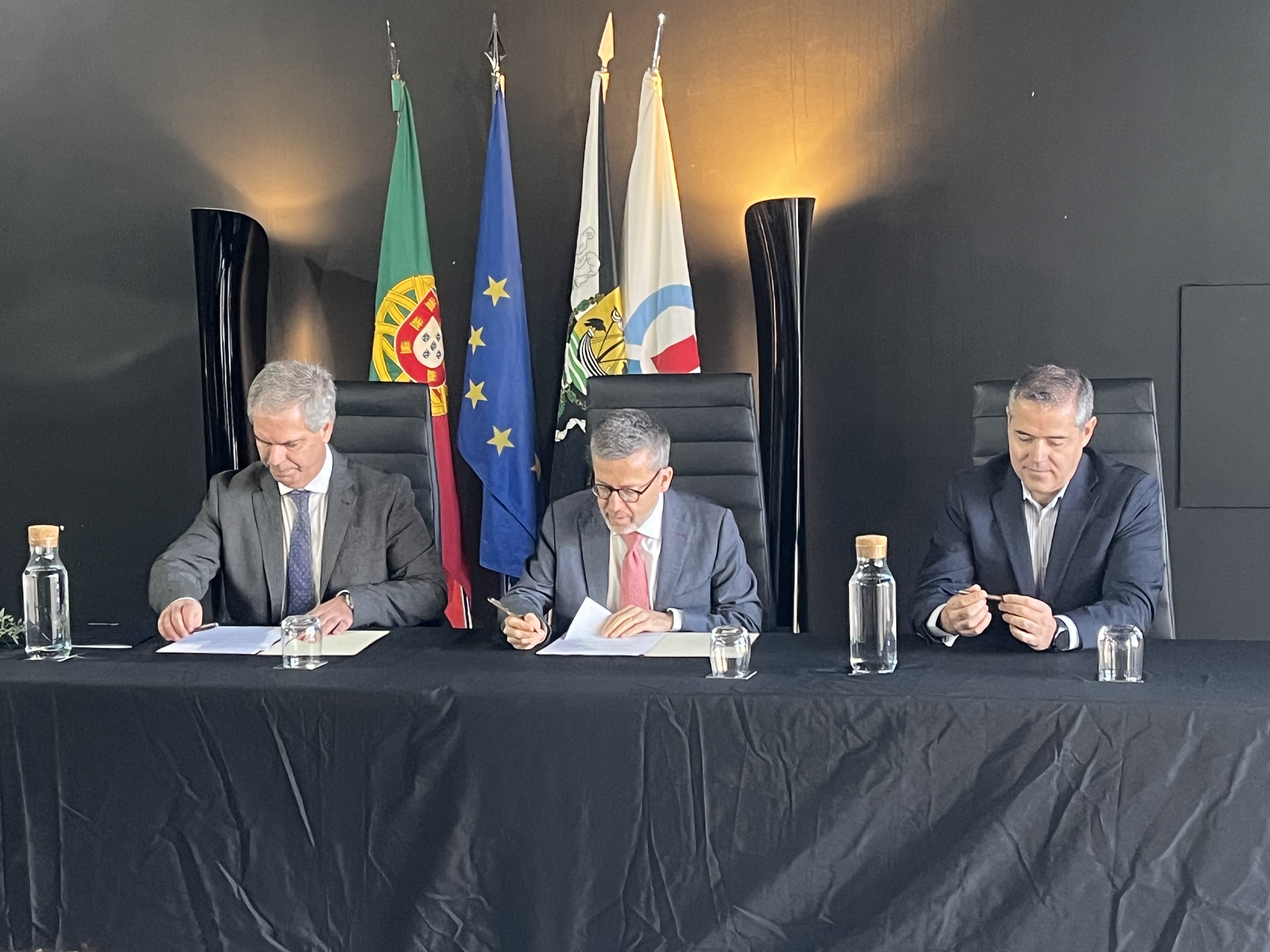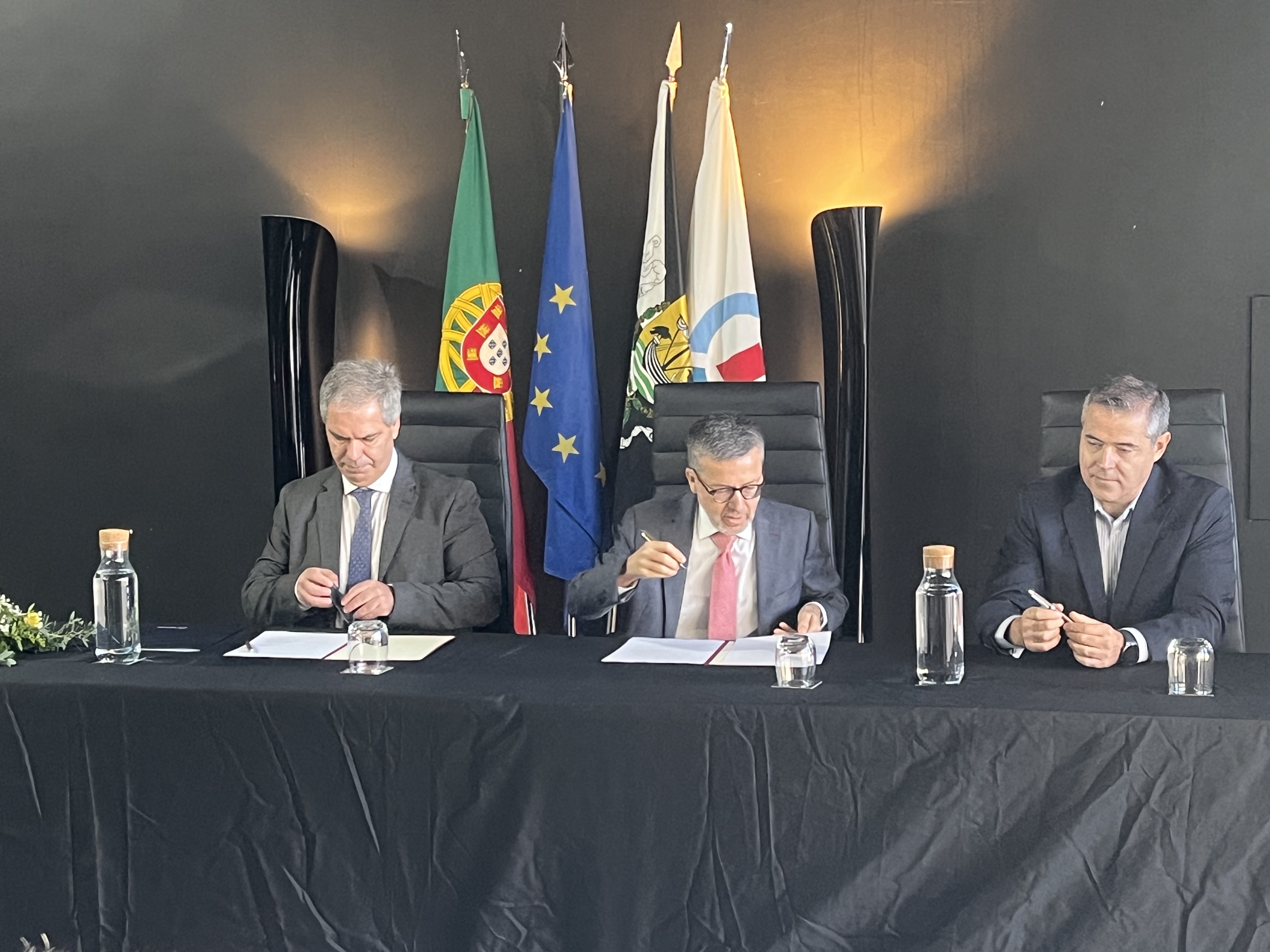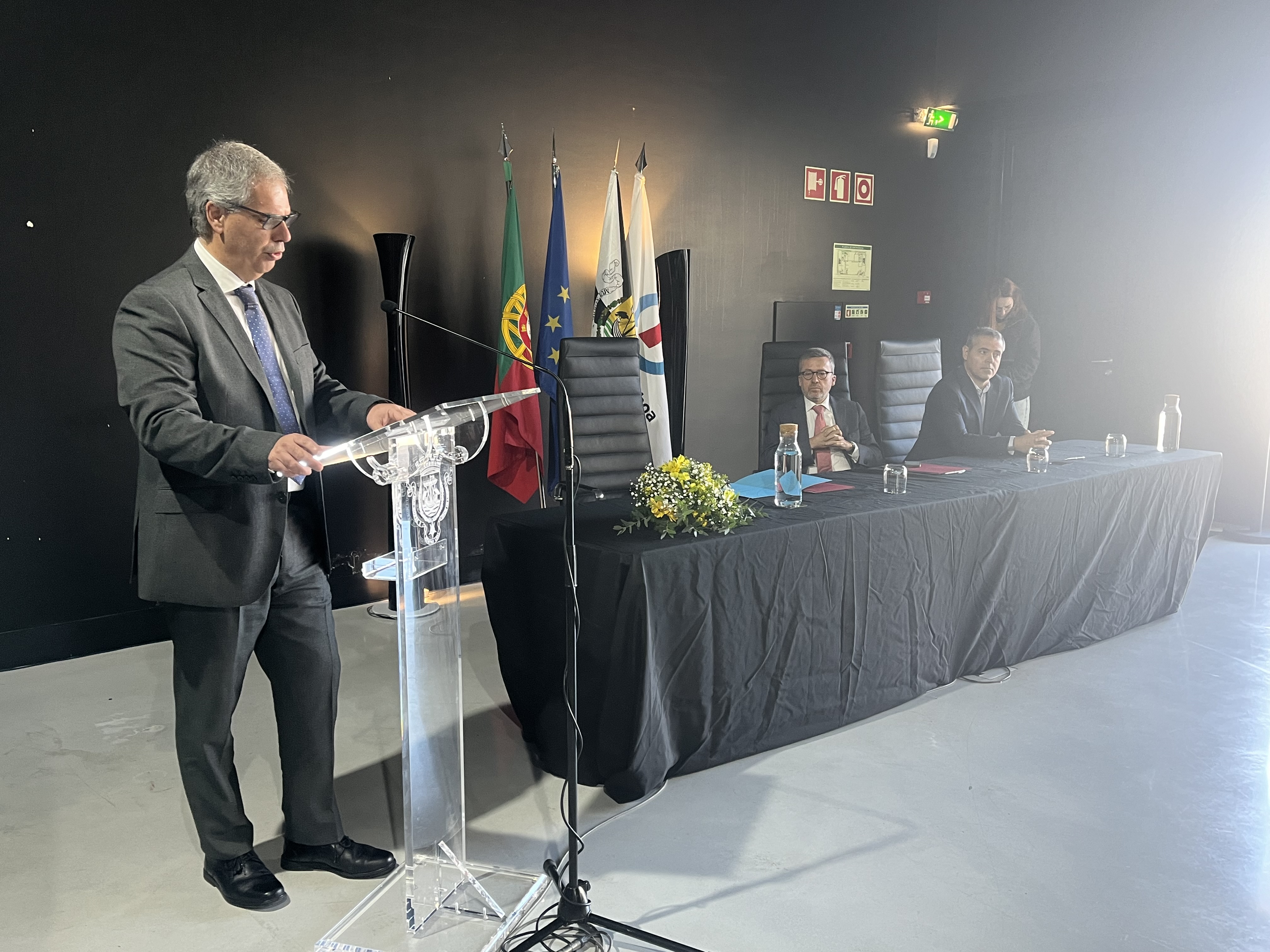Este website utiliza cookies. Ao continuar a navegação está a aceitar a sua utilização.
Caso pretenda saber mais, consulte a nossa política de privacidade.

20 December, 2023
Tourist Tax Collection in Lisbon for Cruise Passengers Starting in 2024
The Lisbon Port Administration (APL) will sign a document tomorrow with the Lisbon City Council (CML) regulating the collection of a tourist tax from cruise passengers, starting in January.
The signing of this protocol will take place at the Lisbon Cruise Terminal in Santa Apolónia at 12:00 pm, with the presence of the Mayor of Lisbon, Carlos Moedas, and the President of the Board of Directors of the Lisbon Port, Carlos Correia.
This document regulates all necessary procedures for the implementation of the tourist tax for all passengers making a stopover in the city, resulting from a joint effort between APL and CML for its implementation. The application of this tax opens up new opportunities for collaborative work and will be a catalyst for various initiatives that enhance the cruise tourist experience in the city, minimizing negative impacts on the destination.
APL President, Carlos Correia, is pleased with the outcome of this process and emphasizes that it "required a strong commitment from the port administration in coordination with all entities involved, while symbolizing the strengthening of the port's connection to the city and the commitment of the APL administration to the sustainable development of the Portuguese capital."
The tourist tax is collected from operators through the platform used by national ports – Single Window Logistics, which brings together all authorities involved in port operations and manages all processes involving commercial ship calls and others.
According to forecasts for the coming years, about 500,000 passengers per year are expected to pass through the capital, which, maintaining this flow, allows for additional revenue of one million euros.
Contribution of the cruise sector to the national economy
This value adds to the 336 million euros revealed by the study "Economic Impact Assessment of the Cruise Industry in Lisbon," conducted by the Nova School of Business and Economics for the Lisbon Port Administration in 2019. The cruise sector in Lisbon generated 840 million euros for the economy in that year, 133 million euros in taxes, and 8,863 jobs.
Cruise passengers visiting Lisbon spend an average of 82 euros per person in the city, according to a 2019 study by Netsonda, with accommodation, dining, and transportation being the main expenses. For every euro spent by passengers in this industry, between €1.65 and €3.78 is generated in the total production of the economy, a multiplier effect higher than that of accommodation and dining.
Cruise activity in Lisbon has minimal impact on air quality
In addition to the very positive socioeconomic effects of the cruise sector, there is also the highlight of the low environmental impact, contrary to global perception. Pollution levels in the Portuguese capital are not significantly influenced by cruise activity but rather by other factors, such as other modes of transport or residential sources.
The study "Modeling and Analysis of the Impact of Cruise Ship Traffic on Air Quality in the Metropolitan Area of Lisbon, Portugal" analyzed levels of nitrogen dioxide (NO2), sulfur dioxide (SO2), carbon monoxide (CO), and particulate matter (PM10).
The study, promoted by the Cruise Lines International Association (CLIA) in partnership with the Department of Mechanical Engineering at the Rovira i Virgili University (Tarragona, Spain), and APL, applied a new methodology developed by the research team at Cadfluid Solutions/Rovira i Virgili University based on Machine Learning (ML) techniques that isolate the impact of cruise ships on air quality in Lisbon. Subsequently, Oxford Economics conducted the report "Environmental Impact of Cruise Traffic in Lisbon" with the analysis of all results.
The conclusion is that, even with a much higher traffic of ships than the Lisbon Cruise Terminal can accommodate, the results for NO2 levels would have a "reasonable" or "moderate" classification according to the Air Quality Index (AQI) of the European Environment Agency (EEA).
According to the analyzed data, any contribution of cruise ships to the increase in local levels of various air pollutants such as SO2 and PM10 is very limited. In terms of the quantity of carbon monoxide and ozone in local air quality, the impact of cruise activity is even insignificant.
However, despite the positive results, the Lisbon Port has a set of ongoing actions to improve the sustainability of its activity. Examples include supplying onshore power, monitoring air and water quality in the surrounding areas of the Lisbon Cruise Terminal, and implementing a system to assess and monitor emissions from cruise ships during their call."


